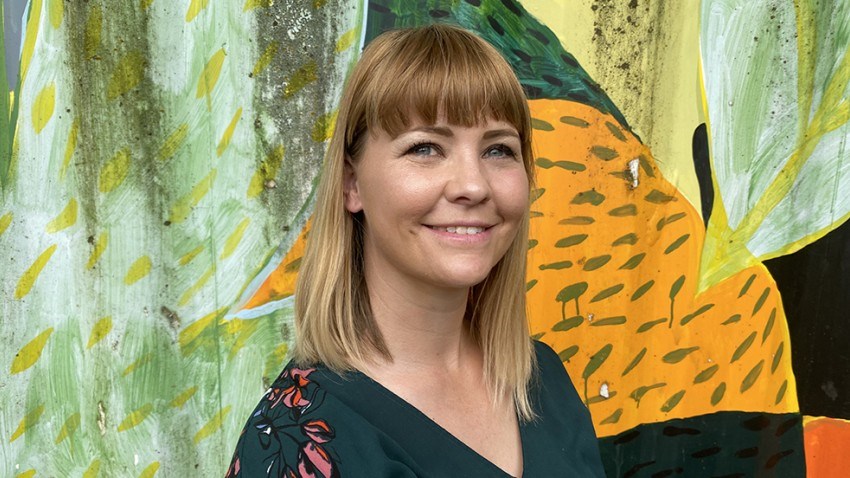Melissa Mills has gone from stocking shelves at Whole Foods to producing products that get placed on them. She is the founder and CEO of Spread’Em Kitchen Co. – a local company in the $57 billion global plant-based food and beverage industry.
She shared five insights on sustainability and business in the July 2020 issue of BIV Magazine.
1. How does Spread’Em Kitchen incorporate sustainability into its business practices?
Sustainability has always been my passion, but starting my business gave me the power to make a change. Sustainability is at the core of Spread’Em Kitchen: all ingredients used in our plant-based products are ethical and traceable. Cashews serve as our base ingredient as they only require rainwater to grow. We offset any paper used by donating a portion of profits to Tree Canada, and we have partnerships with our suppliers to ensure ingredients are delivered in minimal packaging. We’re a certified member of Climate Smart, which regularly audits our carbon footprint. And we’re always looking to improve: we recently found the perfect plant plastic that safely composts and keeps our products fresh, which will be implemented within the next few months.
2. Why is it important for small businesses to have a sustainability plan in place?
We see a lot of promises from big businesses that are changing their stance on sustainability, but businesses of all sizes can commit to making a difference. Your small business’s practices are just as important as those of the big corporations: change starts at the grassroots level. That’s why I’m proud that our team is leading by example and showing businesses of all sizes the importance of having a plan in place, and ensuring accountability as you execute.
3. What are the first steps to formulating such a plan?
It can be overwhelming to eliminate waste and be sustainable in every element of the business from the beginning. Start out small, give yourself just one or two goals you’re most passionate about a year. This will feel less overwhelming and ensure you meet your goals. Once you see how easy it is to make your business more sustainable, you’ll find more ways to make a difference.
4. What are some of the myths you hear around business and sustainability?
One of the biggest myths I’ve heard is that only big businesses can make a difference, because only they can afford to. Sustainability is a key element of any business and something consumers are increasingly conscious of. Implementing strong sustainability practices and being open about them with your customers will help small businesses build a dedicated and brand-loyal customer base.
5. Who or what has significantly shaped how you think about sustainability?
I’ve always felt passionate about sustainability. My husband is a journalist who has covered Vancouver’s Greenest City 2020 Action Plan, so I would join him at events around the city. What really spoke to me was watching Michael Ableman and Will Allen speak on their passion for supporting at-risk people, and finding a way for them to have access to real, whole foods, rather than heavily processed food. Other resources I recommend for anyone who wants to learn more about sustainability are Fresh, a documentary by Ana Sofia Joanes, and The Good Food Revolution by Charles Wilson and Will Allen.
This article was originally published in the July 2020 issue of BIV Magazine. Read BIV Magazine: The Sustainability Issue here.
Read more from Business In Vancouver



